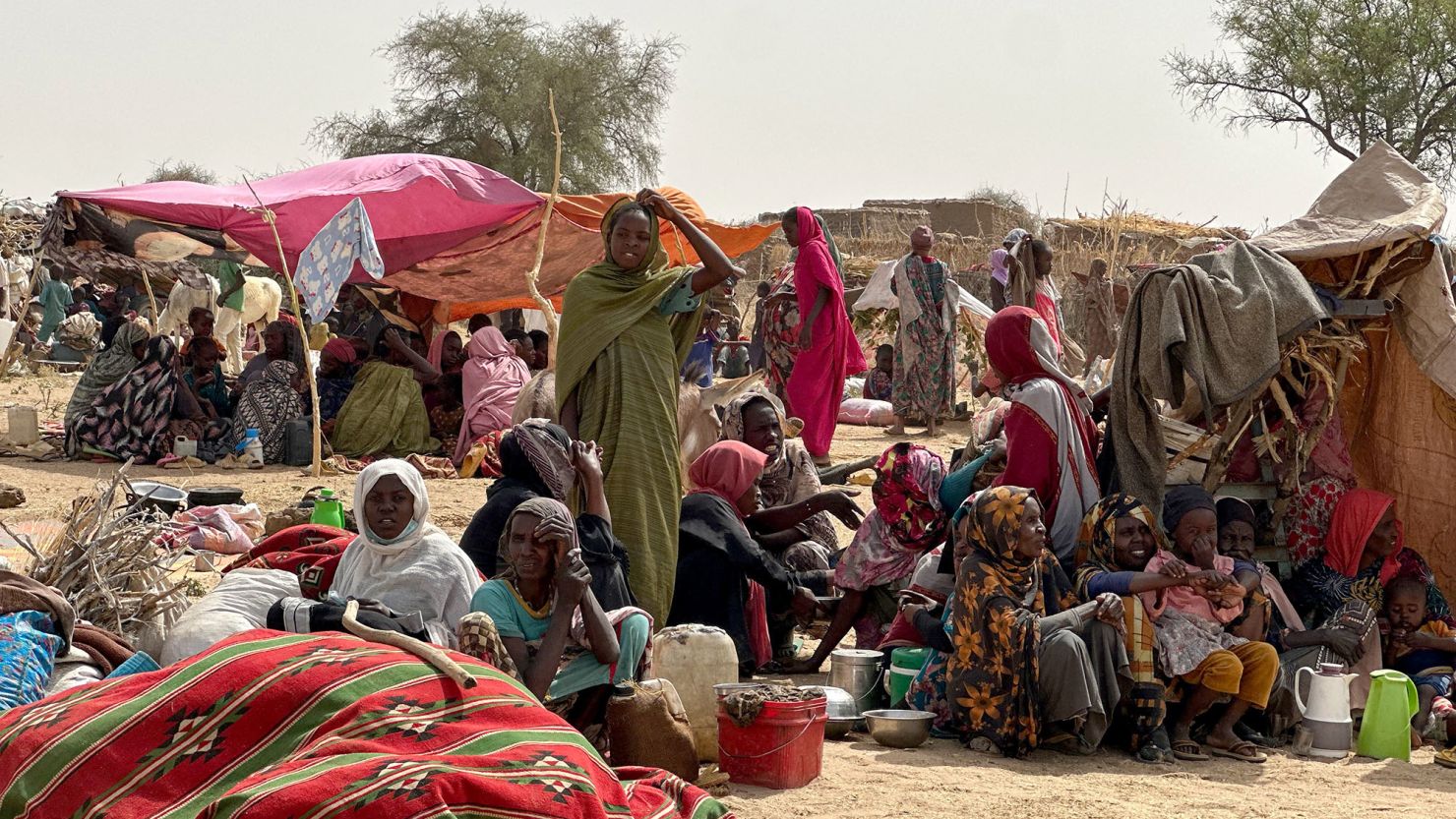
Sudan RSF seizure in Darfur camp results in up to 400,000 displaced people, according to a UN agency
The U.N.’s International Organization for Migration reports that since the Rapid Support Forces took control of Sudan’s Zamzam camp in North Darfur, between 60,000 and 80,000 homes, or as many as 400,000 people, have been forced to leave the area.
Following a four-day assault that the government and relief organizations claim left hundreds dead or injured, the RSF took control of the camp on Sunday.
More than 300 civilians were killed in fighting on Friday and Saturday in the Zamzam and Abu Shouk displacement camps and the town of al-Fashir in North Darfur, according to early numbers from local sources, the UN said on Monday.
According to a U.N. spokesperson, this includes ten Relief International humanitarian staff members who were slain while running one of the last operational health centers in the Zamzam camp.
Rights organizations have long warned of potential horrors if the RSF is successful in its months-long siege of the starving camp, which is next to al-Fashir, the army’s last surviving foothold in the Darfur area.
Echoing previous RSF attacks, Maxar Technologies’ satellite data from Friday revealed smoke and burned buildings in Zamzam.
The RSF has denied these claims, claiming that army-affiliated organizations were using the Zamzam camp as a base.
About half a million people lived in the camp at the beginning of the war; by now, that number is believed to have doubled.
RSF second in command Abdelrahim Dagalo is seen addressing a small group of displaced individuals in a video released by the paramilitary force, promising them food, water, medical attention, and a return to their homes.
After the army retook control of the capital, Khartoum, solidifying its reoccupation of the country’s core, the RSF intensified its attack on the camp.
Additionally, it has escalated drone attacks into areas controlled by the army. On Monday, the national energy company reported that an attack on the Atbara power facility in the country’s north had shut off power to Port Sudan, the capital during the conflict.
Hopes for a shift to civilian rule were dashed when the army and RSF engaged in a power struggle that led to the outbreak of the war in Sudan in April 2023. Since then, the war has destroyed large areas of the nation, uprooted millions of people, and caused starvation in a number of places.
All Categories
Recent Posts
Tags
+13162306000
zoneyetu@yahoo.com



